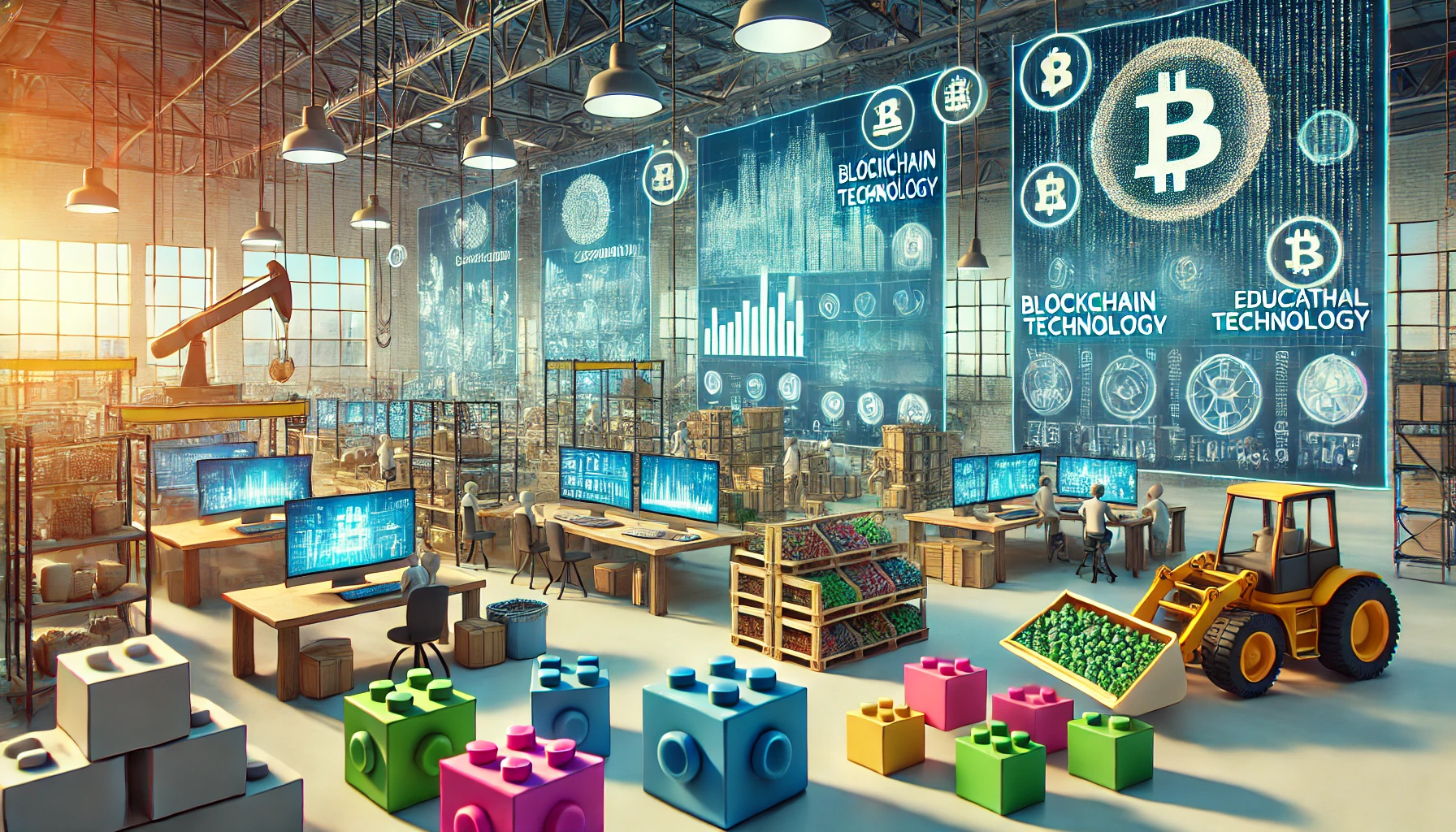In the fast-paced world of modern business, one of the most interesting sectors involves companies specializing in "blocks." No, we’re not talking about traditional brick-and-mortar industries or even childhood toys. Today’s "blocks company" refers to innovative enterprises that have revolutionized sectors as diverse as construction, technology, education, and entertainment. This article delves into the fascinating growth and significance of blocks companies and why they matter in today’s evolving market landscape.
What is a "Blocks Company"?
A blocks company refers to any business whose main products or services are centered around the creation, use, or distribution of blocks. These blocks can be physical (such as those used in construction or toys) or digital (such as blockchain technology). Let’s break down the key types of blocks companies.
1. Construction Blocks
The construction industry has long relied on blocks to build infrastructure, but new materials and technologies have expanded their use. Modern blocks companies in this sector often focus on eco-friendly solutions, such as sustainable building blocks made from recycled materials or those that offer superior insulation and durability.
Some construction block companies have developed modular blocks that snap together, reducing the need for cement and cutting down construction time dramatically. This innovation not only improves efficiency but also minimizes waste, aligning with global sustainability goals.
2. Blockchain Technology Companies
On the digital frontier, the rise of blockchain technology has birthed a new generation of "blocks companies." Blockchain is a decentralized digital ledger where data is stored in "blocks" that are securely linked together. Companies operating in this space provide services such as cryptocurrency trading, smart contracts, and decentralized applications (dApps).
These blockchain companies are pivotal in industries like finance, healthcare, and supply chain management. By offering secure, transparent, and tamper-proof transactions, they are revolutionizing how we store and exchange value, information, and assets globally.
3. Toy Blocks Companies
Of course, one can’t discuss blocks without mentioning the toys that have delighted children (and adults) for generations. Companies that manufacture toy blocks—like LEGO or Mega Bloks—continue to thrive, driven by innovation in design and engagement. These companies have evolved beyond just physical blocks; they now offer digital games, movies, and interactive experiences that integrate with their block-based toys.
Toy blocks companies also play a significant role in education, promoting creativity, problem-solving, and spatial awareness among children. Some companies even focus on educational block sets tailored for STEM (Science, Technology, Engineering, and Mathematics) learning, reflecting their importance in fostering future innovators.
The Global Impact of Blocks Companies
Companies built around the concept of blocks, whether physical or digital, are having a massive impact worldwide. Their influence spans from reshaping industries to redefining how we engage with technology and play.
1. Environmental Impact
Sustainability is a growing concern, and blocks companies in construction are making strides in this area. Eco-friendly blocks, such as those made from recycled or sustainable materials, are reducing the carbon footprint of construction projects. These companies are innovating new ways to make building blocks more energy-efficient, using materials that offer better thermal properties and require less energy to produce.
2. Economic Impact
Blockchain technology has opened up entirely new sectors of the economy. By decentralizing data storage and enabling secure peer-to-peer transactions, blockchain blocks companies are empowering businesses, individuals, and even governments to reduce costs, enhance security, and increase efficiency. Cryptocurrencies, which operate on blockchain technology, are transforming how we think about money, trade, and financial systems.
3. Educational Impact
Toy block companies are more than just manufacturers of children’s toys. They contribute significantly to cognitive development, encouraging creativity, logical thinking, and spatial reasoning. Educational block sets also play an essential role in schools, where they are used as tools for teaching concepts like engineering, math, and even coding.
The Future of Blocks Companies
As we look ahead, the blocks company concept will likely evolve further, driven by technological advancements and societal shifts. In the construction industry, expect to see more automation and AI-powered design systems that incorporate modular building blocks for faster, smarter, and greener construction. In the digital realm, blockchain companies will continue to push boundaries, especially in the growing fields of decentralized finance (DeFi) and non-fungible tokens (NFTs), creating new forms of digital ownership and interaction.
In education, toy blocks will remain relevant, but their integration with digital platforms and interactive technologies will likely grow, offering immersive learning experiences. Think of block-based virtual reality (VR) environments that teach children and adults alike through building and exploration.
Conclusion
The "blocks company" is more than just a business category—it’s a symbol of innovation and progress. Whether these blocks are building structures, forming digital chains, or sparking creativity in a child’s mind, companies that embrace blocks are helping to construct a more sustainable, efficient, and imaginative world.
To buy RERA Certified & DTCP Approved Gated Community Villa Open Plots in Andhra Pradesh & Telangana please contact:
For Sales : 8179712384
Mail : sales@openplots.net
